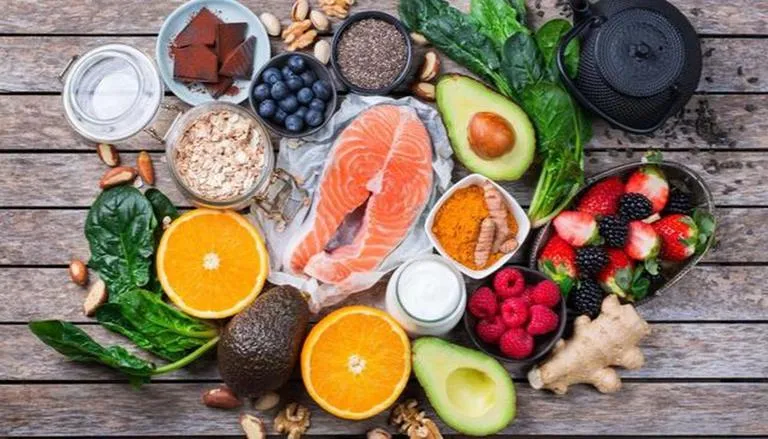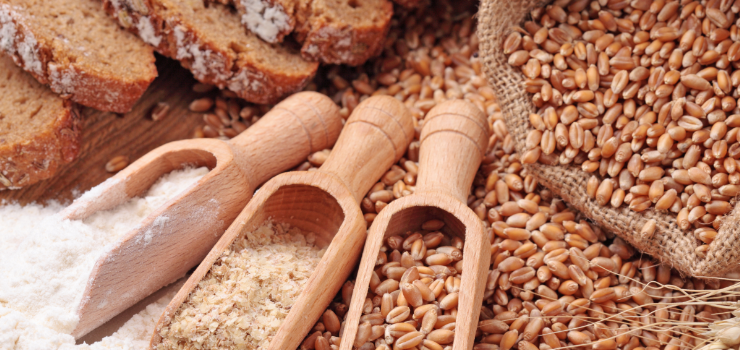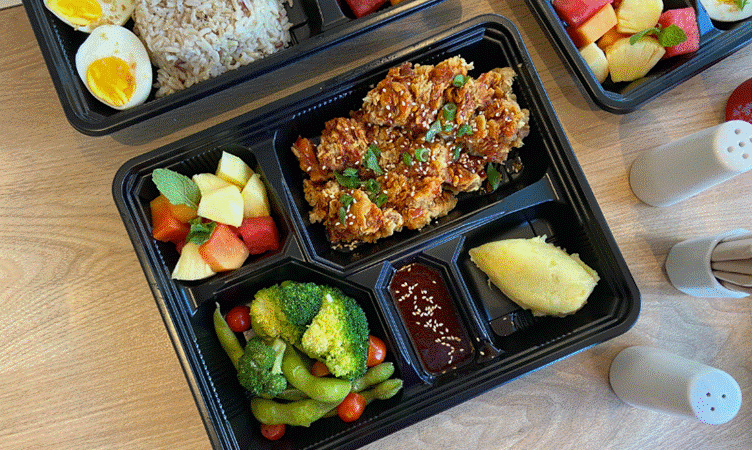Ease Your Mind – A Diets that Reduces Anxietyc

As an individual who has grappled with the challenges of anxiety, I am aware of the debilitating impact it can have on one’s life. The constant worry, fear, and unease can seep into every aspect of your day, making simple tasks suddenly feel insurmountable. However, I’ve found solace in discovering that there are ways to manage and reduce anxiety, and one of these methods lies in our diet.
Understanding Anxiety Disorders
Anxiety disorders are a group of mental health conditions characterized by feelings of anxiety or fear that are strong enough to interfere with one’s daily activities. These feelings are not just limited to worry or fear, but can manifest as physical symptoms like a racing heart, rapid breathing, and gastrointestinal problems.
There’s a broad spectrum of anxiety disorders, including Generalized Anxiety Disorder (GAD), Panic Disorder, Social Anxiety Disorder, and many others. Each disorder has its unique traits, but all can be debilitating if left untreated. Fortunately, there are numerous treatment options available, including medication, therapy, lifestyle changes, and dietary adjustments.
The Importance of Diet in Managing Anxiety
The connection between diet and mental health is a fascinating field of study that is gaining more attention in recent years. The foods we consume not only affect our physical health but also have a significant impact on our mental health. For someone with an anxiety disorder, the importance of diet cannot be overstated.
Research suggests that certain nutrients can affect our brain chemistry and influence our mood and emotions. For instance, omega-3 fatty acids found in fish, walnuts, and flaxseeds have been shown to reduce symptoms of anxiety. Similarly, foods rich in B vitamins and magnesium can help calm the nervous system, reducing anxiety and stress.
In contrast, consuming high amounts of processed foods, sugary drinks, caffeine, and alcohol can exacerbate anxiety symptoms. These foods and drinks can stimulate the body’s stress response, leading to increased anxiety and even panic attacks.
Incorporating nutrient-rich, calming foods that reduce anxiety fast into your daily diet can make a significant difference in managing your anxiety symptoms. These foods not only nourish your body but also support your brain and mental health.
Foods that Reduce Anxiety
One of the key strategies for managing anxiety is incorporating foods that reduce anxiety into your daily diet. Foods rich in vitamins, minerals, and antioxidants can help combat anxiety by boosting your mood, reducing inflammation, and promoting brain health.
Omega-3 fatty acids, for instance, are known for their anti-inflammatory properties and their ability to promote brain health. Foods rich in Omega-3s like salmon, mackerel, walnuts, and chia seeds are excellent choices for reducing anxiety.
Magnesium is another nutrient that can help reduce anxiety. It plays a crucial role in many functions of the body, including nerve function and mood regulation. Foods rich in magnesium include leafy green vegetables, legumes, nuts, seeds, and whole grains.
B vitamins are also essential for reducing anxiety. They help the body produce neurotransmitters, like serotonin, which regulate mood and stress responses. Foods rich in B vitamins include lean meat, eggs, legumes, nuts, and whole grains.
Breakfast Foods that Help with Anxiety
Breakfast is often hailed as the most important meal of the day, and for good reason. A nutritious breakfast can set the tone for the rest of the day, providing the energy we need and stabilizing our mood. For those with anxiety, choosing the right breakfast foods can help reduce anxiety symptoms and start the day on a positive note.
For a breakfast that helps with anxiety, opt for foods rich in protein, fiber, and healthy fats. These nutrients can keep your blood sugar levels steady, which can help prevent mood swings and anxiety. Some examples of breakfast foods that help with anxiety include oatmeal with berries and nuts, Greek yogurt with flaxseeds, and whole-grain toast with avocado.
Calming Foods to Incorporate in Your Daily Diet
In addition to the foods mentioned above, there are other calming foods you can incorporate into your daily diet to reduce anxiety. These include foods rich in tryptophan, a type of protein that the body converts into serotonin, a mood-regulating neurotransmitter.
Foods rich in tryptophan include turkey, chicken, eggs, cheese, tofu, and nuts. Incorporating these foods into your diet can help boost your serotonin levels, promoting feelings of calmness and happiness.
Additionally, foods rich in antioxidants can help combat anxiety by reducing inflammation in the body, which is often linked to mental health disorders. Foods like berries, dark chocolate, spinach, and beets are rich in antioxidants and can be easily incorporated into your daily diet.
How a Healthy Diet Helps with Anxiety Disorder
Adopting a healthy diet can do wonders for managing an anxiety disorder. A diet rich in whole foods, lean proteins, fruits, vegetables, and healthy fats can provide your body with the nutrients it needs to function optimally, including your brain.
A diet lacking in these nutrients can lead to deficiencies that may exacerbate anxiety symptoms. For example, a deficiency in B vitamins can lead to fatigue, irritability, and depression.
By following a healthy diet, you’re not only taking care of your physical health but also supporting your mental health. You’re providing your brain with the necessary nutrients to produce neurotransmitters, regulate mood, and manage stress.
Meal Planning for an Anxiety-Reducing Diet
Meal planning can be a helpful tool in maintaining an anxiety-reducing diet. By planning your meals ahead of time, you can ensure you’re consuming a balanced diet rich in anxiety-reducing foods.
Start by making a list of foods that help with anxiety. Then, plan your meals around these foods. Try to incorporate at least one anxiety-reducing food into each meal.
Meal planning also helps reduce stress and anxiety around meal times. By knowing what you’re going to eat in advance, you can avoid the anxiety-inducing decision-making process.
Tips for Maintaining an Anxiety-Reducing Diet
Maintaining an anxiety-reducing diet can be a challenge, especially when life gets busy. Here are a few tips to help you stay on track.
Be patient with yourself. Changing your diet is a big step and it can take time to see results. Don’t get discouraged if you don’t see immediate changes in your anxiety levels.
Make small changes. Instead of overhauling your entire diet at once, start by incorporating a few anxiety-reducing foods into your diet. Gradually add more as you get comfortable with these changes.
Listen to your body. Pay attention to how different foods make you feel. If a food makes you feel anxious or unsettled, it’s okay to avoid it. The goal is to find a diet that makes you feel good both physically and mentally.
Remember, anxiety is not a weakness or a flaw. It’s a health condition like any other. Just as you would follow a specific diet to manage high blood pressure or diabetes, you can also tailor your diet to help manage your anxiety.






